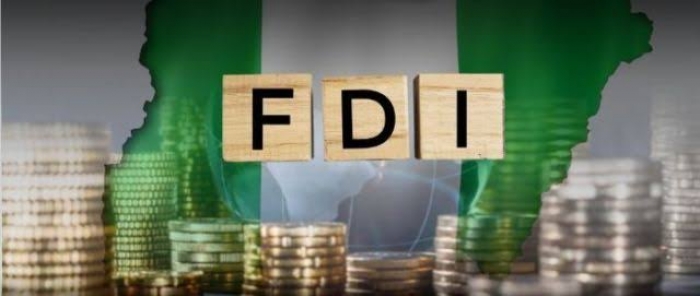Nigeria’s appeal to foreign investors continued to wane in the first quarter of 2025, with new Central Bank of Nigeria (CBN) data revealing significant drops in both foreign direct investment and portfolio inflows during the three-month period.
The CBN’s latest Balance of Payments report shows foreign direct investment plummeted by 19.35 percent to $250 million in Q1 2025, down from $310 million recorded in the final quarter of 2024. This decline reflects ongoing challenges in attracting long-term foreign capital to Nigeria’s economy.
Financial Account Performance
The country’s overall financial account balance contracted to $7.58 billion in Q1 2025 from $7.82 billion in the previous quarter. The CBN attributed this decline to substantial reductions in both portfolio investment and other investment liabilities flowing into the country.
The most dramatic shift occurred in portfolio investment activity, which experienced what the central bank described as a “record net divestment” of $5.03 billion during the quarter. This massive outflow suggests foreign investors continued pulling funds from Nigerian securities markets and other short-term investments.
Capital Flight Intensifies
Other investment liabilities saw an even more severe reversal, recording outflows of $4.32 billion in Q1 2025. Meanwhile, other investment assets showed Nigerian entities investing $1.31 billion abroad, compared to a $1.54 billion reversal in the previous quarter.
The trend of capital flight extended to Nigerian investments overseas, with direct investment assets showing a reversal of $550 million in Q1 2025. Portfolio assets recorded outflows of $480 million as Nigerian investors moved funds to foreign markets during the review period.
External Reserves Under Pressure
Nigeria’s external reserves faced significant pressure during the quarter, declining by $2.37 billion to $37.82 billion in March 2025, down from $40.19 billion at the end of December 2024. This substantial three-month drop represents nearly 6 percent of the country’s foreign currency buffers and highlights the challenges facing the naira and Nigeria’s external sector.
The combined decline in foreign investment inflows and shrinking external reserves underscores the mounting economic pressures facing Nigeria as it struggles to maintain investor confidence amid ongoing macroeconomic challenges.
